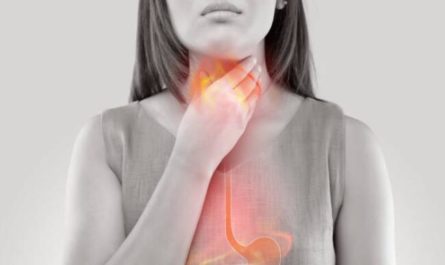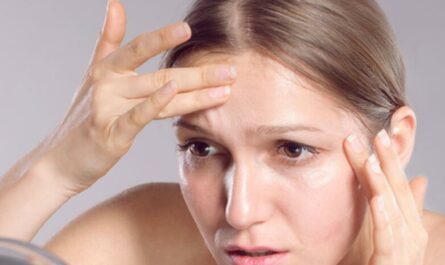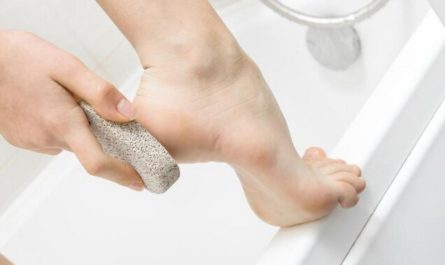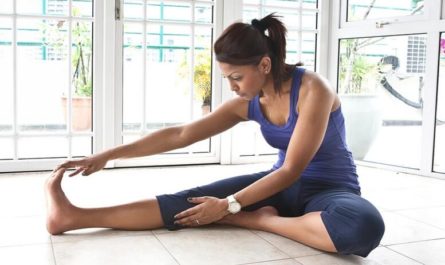Are you tired of lying in bed for hours, struggling to fall asleep? Do you find yourself tossing and turning, unable to quiet your mind and relax? If so, you’re not alone. Insomnia affects millions worldwide, causing fatigue, irritability, and other health problems. Fortunately, many simple and effective strategies can help you fall asleep faster and get the rest you need. Here are 15 tips to help you get a better night’s sleep.
What is Insomnia?
Insomnia is a sleep disorder characterized by difficulty falling asleep, staying asleep, or waking up too early and not being able to fall back asleep. It is a common problem that affects many people worldwide and can significantly impact their quality of life.
Insomnia can be acute or chronic. Acute insomnia is a short-term problem that typically lasts for a few days to a few weeks and is often caused by stress, travel, or changes in the sleep environment. Chronic insomnia, on the other hand, is a long-term problem that can last for months or even years and is often caused by underlying medical or psychological conditions.
Insomnia can lead to various negative consequences, including daytime fatigue, irritability, difficulty with concentration and memory, and a weakened immune system. It can also increase the risk of accidents and the risk of developing other health problems, such as depression, anxiety, and obesity.
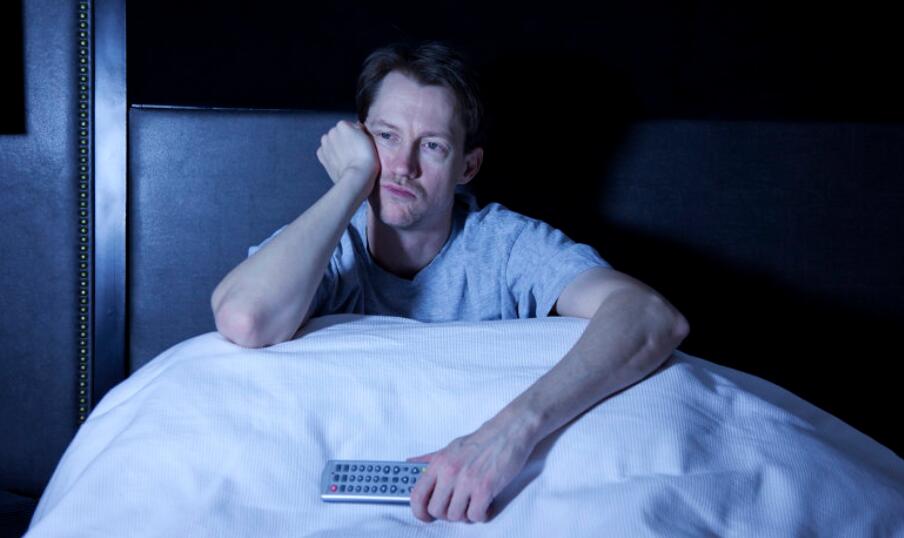
Common Causes of Insomnia
Here are some of the most common causes of insomnia:
- Stress and Anxiety: One of the most common causes of insomnia is stress and anxiety. When you are stressed or anxious, your body releases hormones like cortisol and adrenaline, making it difficult to fall asleep.
- Depression: Depression is a mental health disorder that can cause feelings of sadness, hopelessness, and worthlessness. It can also cause sleep disturbances, including insomnia.
- Medical Conditions: Certain medical conditions, such as chronic pain, asthma, allergies, and Parkinson’s disease, can interfere with sleep and lead to insomnia.
- Medications: Some medications, such as antidepressants, stimulants, and blood pressure medications, can interfere with sleep and lead to insomnia.
- Lifestyle Factors: Certain lifestyle factors can also contribute to the development of insomnia. These include consuming caffeine or alcohol before bedtime, irregular sleep schedules, and lack of physical activity.
- Environmental Factors: Environmental factors like noise, light, and temperature can also contribute to insomnia. For example, if your bedroom is too hot or cold, it can make it difficult to fall asleep.
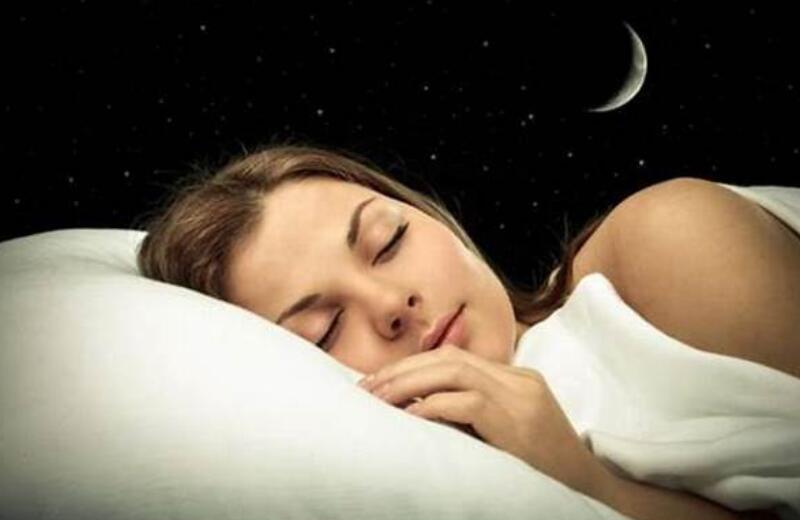
15 Easy Ways to Fall Asleep Faster
1. Stick to a sleep schedule
Going to bed and waking up at the same time every day can help regulate your body’s internal clock, making it easier to fall asleep and wake up feeling refreshed. Try to stick to your schedule, even on weekends or during vacations.
2. Create a relaxing bedtime routine
Developing a relaxing bedtime routine can help signal your body that it’s time to wind down and prepare for sleep. This can include taking a warm bath, practicing relaxation techniques like deep breathing or meditation, reading a book, or listening to calming music.
A study published in the Journal of Sleep Research found that engaging in a relaxing bedtime routine, such as taking a warm bath or reading a book, was associated with improved sleep quality in a group of older adults.
3. Avoid caffeine and nicotine
Both caffeine and nicotine are stimulants that can interfere with your ability to fall asleep and stay asleep. Try to avoid consuming these substances, especially in the evening.
A study published in the Journal of Clinical Sleep Medicine found that caffeine consumption, even up to 6 hours before bedtime, was associated with significant sleep disturbances in a group of healthy adults.
4. Exercise regularly
Regular exercise has been shown to improve sleep quality and reduce the time it takes to fall asleep. However, finishing your workout at least a few hours before bedtime is essential, as exercising too close to bedtime can make it harder to fall asleep.
5. Make your bedroom comfortable
Creating a comfortable sleeping environment can help promote better sleep. Keep your bedroom cool, quiet, and dark, and invest in a comfortable mattress and pillows. Consider using blackout curtains or an eye mask to block out unwanted light.
6. Limit your screen time
The blue light emitted by electronic devices like smartphones, tablets, and computers can interfere with your body’s natural sleep-wake cycle. Try to avoid using these devices for at least an hour before bed.
A study published in the Journal of Clinical Sleep Medicine found that exposure to electronic devices before bedtime was associated with reduced sleep quality and longer sleep onset latency in young adults.
7. Use aromatherapy
Essential oils like lavender and chamomile have been shown to promote relaxation and improve sleep quality. Consider using a diffuser or pillow spray to incorporate these scents into your bedtime routine.
A study published in the International Journal of Nursing Practice found that using lavender essential oil aromatherapy was associated with improved sleep quality and reduced anxiety in a group of postpartum women.
8. Practice relaxation techniques
Techniques like deep breathing, meditation, and yoga can help reduce stress and anxiety, making it easier to fall asleep. Incorporate these practices into your daily routine, either before bed or at another time that works for you.
9. Avoid large meals before bedtime
Eating a heavy meal before bed can cause discomfort and make it harder to fall asleep. Try to eat your last meal at least a few hours before bedtime, and avoid rich, spicy, or acidic foods that can cause indigestion.
10. Avoid alcohol before bed
Although alcohol can make you feel drowsy, it can interfere with the quality of your sleep and cause you to wake up in the middle of the night. Try to avoid drinking alcohol for at least a few hours before bed.
11. Try a sleep mask
A sleep mask can help block out unwanted light and create a more conducive environment for sleep. Look for a show that fits comfortably and doesn’t apply too much pressure to your face.
A study found that using a sleep mask was associated with improved sleep quality and reduced insomnia symptoms in older adults.
12. Invest in a white noise machine
White noise can help drown out distracting noises like traffic or noisy neighbors, creating a peaceful sleeping environment. Consider investing in a white noise machine or downloading a white noise app on your smartphone.
A study published in the Journal of Sleep Research found that exposure to white noise was associated with improved sleep quality and reduced awakenings during the night in a group of young adults.
13. Use a weighted blanket
Weighted blankets have been shown to provide a comforting sensation that can help promote relaxation and improve sleep quality. Choose a blanket that’s heavy enough to provide pressure but not so severe that it’s uncomfortable.
14. Avoid napping
If you have trouble falling asleep at night, avoiding napping during the day can help regulate your sleep-wake cycle. If you need to nap, limit it to 20-30 minutes and avoid sleeping late in the day.
A study published in the Journal of Sleep Research found that napping during the day was associated with reduced sleep quality and increased sleep onset latency in older adults.
15. Seek professional help
If you have persistent insomnia or other sleep disorders, consider seeking help from a sleep specialist or mental health professional. They can help diagnose and treat any underlying conditions contributing to your sleep problems and provide strategies to help improve your sleep quality.
Home Remedies for Insomnia
1. Chamomile Tea
In addition to its natural soothing properties, chamomile tea contains antioxidants that can help reduce inflammation and promote overall health. Some studies have also suggested that chamomile tea may help reduce symptoms of anxiety and depression, which are common causes of insomnia.
- Brew a chamomile tea using a chamomile tea bag or loose chamomile flowers.
- Add honey or lemon if desired for taste.
- Drink the tea 30 minutes before bedtime to promote relaxation and sleep.
2. Lavender Essential Oil
Lavender essential oil helps promote sleep and may also help reduce stress and anxiety. In one study, participants exposed to the lavender essential oil before an exam reported feeling less anxious and performed better on the exam than those not exposed to the scent.
- Add a few drops of lavender essential oil to a diffuser or spray bottle filled with water.
- Use the diffuser or spray bottle to scent your bedroom before bedtime.
- Take deep breaths to inhale the scent of the lavender oil to promote relaxation and reduce anxiety.
3. Warm Milk
In addition to containing tryptophan, warm milk contains calcium, which can help promote relaxation and sleep. Some studies have also suggested that consuming dairy products may help regulate sleep patterns and reduce insomnia symptoms.
- Heat a cup of milk in a saucepan over low heat until warm but not boiling.
- Add honey or cinnamon if desired for taste.
- Drink warm milk 30 minutes before bedtime to promote relaxation and sleep.
4. Sleep-Friendly Environment
Creating a sleep-friendly environment can be an effective way to promote healthy sleep habits. Research has shown that sleeping in a cool, dark, and quiet environment can help improve the quality of your sleep.
- Keep your bedroom cool and dark by using curtains or shades to block out light and keeping the temperature between 60-67°F (15-19°C).
- Use earplugs or a white noise machine to block out outside noises that may disturb your sleep.
- Invest in comfortable mattresses and pillows to promote relaxation and comfort during sleep.
5. Relaxation Techniques
Practicing relaxation techniques such as deep breathing, progressive muscle relaxation, or meditation can help reduce stress and anxiety, which are common causes of insomnia. Research has shown that incorporating relaxation techniques into your bedtime routine can help improve the quality of your sleep.
- Practice deep breathing exercises by inhaling deeply through your nose and slowly through your mouth.
- Practice progressive muscle relaxation by tensing and relaxing each muscle group in your body, starting with your toes and working your way up to your head.
- Practice meditation by focusing on your breath and letting go of any thoughts or distractions.
6. Limit Electronic Devices
The blue light emitted by electronic devices can interfere with your natural sleep rhythms by suppressing melatonin production. Limiting your exposure to electronic devices before bedtime is essential to promote healthy sleep habits.
- Avoid using electronic devices such as smartphones, tablets, or laptops for at least an hour before bedtime.
- If you must use electronic devices, use blue-light-blocking glasses or adjust the settings to reduce the amount of blue light emitted.
7. Exercise
Regular exercise can help promote better sleep quality by reducing stress and anxiety, improving mood, and regulating sleep patterns. However, it’s important to avoid exercising too close to bedtime as this can interfere with your ability to fall asleep.
- Engage in moderate-intensity exercise for at least 30 minutes a day, five days a week.
- Avoid exercising too close to bedtime, as this can interfere with your ability to fall asleep.
8. Melatonin Supplements
Melatonin supplements can effectively reduce insomnia symptoms, particularly for those who have difficulty falling asleep. However, it’s essential to speak with your healthcare provider before taking any supplements to ensure they are safe and appropriate.
- Speak with your healthcare provider before taking supplements to ensure they are safe and appropriate.
- Follow the recommended dosage on the supplement label.
- Take the supplement 30 minutes before bedtime to help promote sleep.
9. Cognitive Behavioral Therapy
Cognitive-behavioral therapy can help you identify and change negative thoughts and behaviors contributing to your insomnia. This type of therapy can be effective in reducing the symptoms of insomnia and improving the quality of your sleep.
- Work with a trained therapist to identify and change negative thoughts and behaviors contributing to your insomnia.
- Practice relaxation techniques such as deep breathing or progressive muscle relaxation during therapy sessions.
- Develop a bedtime routine that promotes relaxation and healthy sleep habits.
When to see a doctor?
If you are consistently experiencing difficulty falling or staying asleep, and it is affecting your daily life, it may be time to seek medical advice. Some signs that it may be time to see a doctor for your insomnia include:
- If your insomnia lasts longer than a few weeks: If you have tried home remedies and other methods to improve your sleep, but the problem persists, it is time to seek medical advice. Chronic insomnia can have negative effects on your physical and mental health.
- If you experience daytime sleepiness: Insomnia can cause you to feel tired during the day, which can negatively impact your work, school, or other daily activities. If you find it hard to stay awake during the day, it is essential to seek medical advice.
- If your insomnia is causing anxiety or depression: Insomnia can be both a cause and a symptom of anxiety and depression. If you find that your insomnia is causing or worsening feelings of anxiety or depression, it is essential to speak to a doctor.
- If you have other health conditions: Insomnia can be a symptom of other underlying health conditions, such as sleep apnea, restless leg syndrome, or chronic pain. If you have other health conditions contributing to your insomnia, it is essential to see a doctor.
- If you are taking medication: Certain medications, such as antidepressants or medicines for high blood pressure, can interfere with your sleep. If you are taking medication and experiencing insomnia as a side effect, speaking to your doctor about alternative options is essential.

